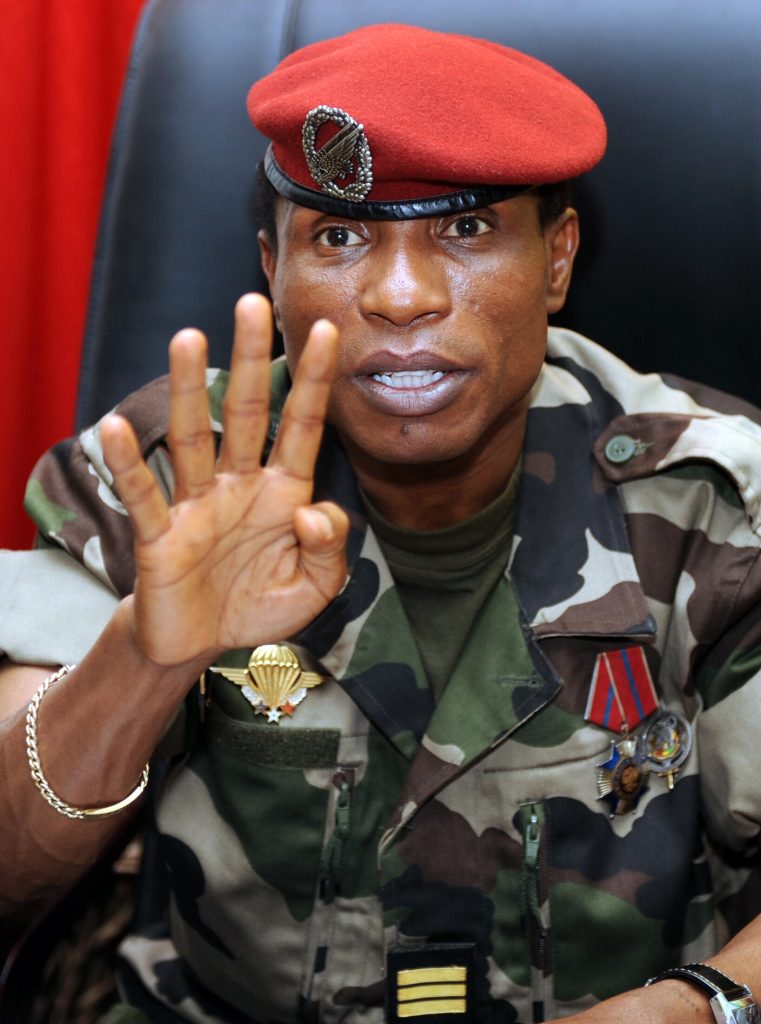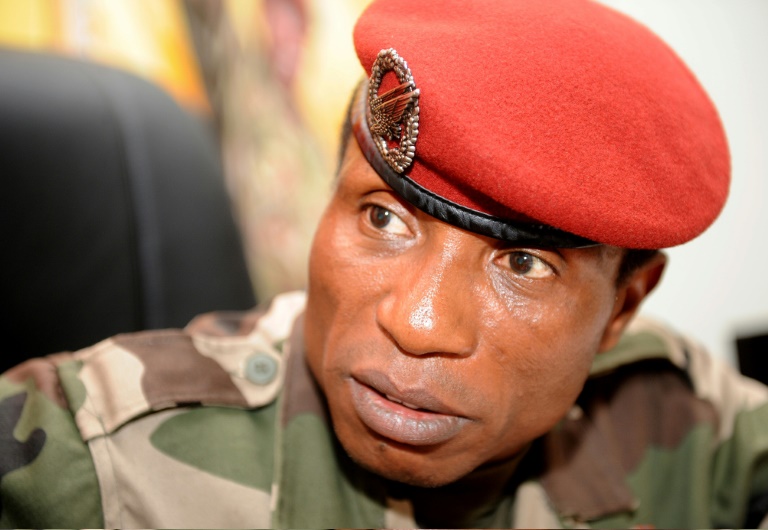A Guinean court is expected to deliver a verdict in the trial of former dictator Moussa Dadis Camara, who faces charges related to a 2009 massacre that left more than 150 dead and numerous women raped.
On September 28, 2009, and in the days that followed, Camara’s presidential guard, along with soldiers, police, and militia, brutally suppressed an opposition rally at a stadium in the suburbs of the capital, Conakry. The massacre is one of the darkest events in Guinea’s history, with a UN-mandated commission of inquiry reporting at least 156 deaths, hundreds of injuries, and the rape of 109 women.
Victims have awaited justice for 15 years, with fears that a trial might never materialise. The case was finally brought before the court under the military regime that took power in 2021.
Dadis Camara, along with 11 other government and military officials, is charged with murder, sexual violence, torture, abduction, and kidnapping. Camara has consistently denied responsibility, attributing the violence to his subordinates.

The landmark trial, which began on September 28, 2022, has captivated Guinea, with courtroom proceedings broadcast live across the nation. The court has heard from 11 defendants, who have shifted blame among themselves, as well as a dozen witnesses and around 100 victims providing harrowing testimonies.
The chief prosecutor has called for life imprisonment for Dadis Camara and the six other defendants and requested that their charges be classified as crimes against humanity. The judges have stated they will not decide on this classification until the verdict is announced. However, Defence lawyers have argued that reclassifying the charges on the day of the ruling would undermine their ability to defend their clients and infringe on their right to a fair trial.
Both the accused and the plaintiffs will have 15 days to appeal the verdict, with the prosecutor’s office having two months to file an appeal.
The trial unfolds amid heightened repression of opposition and media in Guinea. On the eve of the verdict, protests against the “forced disappearance” of pro-democracy activists Oumar Sylla and Mamadou Billo Bah disrupted parts of Conakry, resulting in injuries from clashes between demonstrators and police. Authorities deny holding the activists, but civil society groups claim they are being detained incommunicado and have called for further protests on the day of the verdict and the following day.
International organisations and human rights activists have highlighted the unprecedented nature of the trial in Guinea, marking a significant challenge to the impunity of the country’s security forces, which are rarely held accountable, according to the UN probe.


